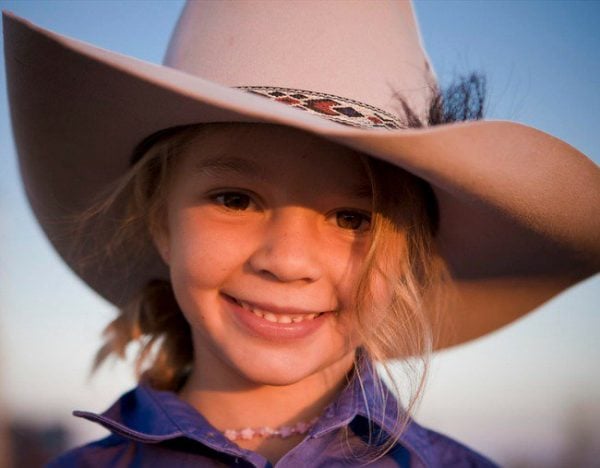
Content warning: This article deals with suicide and may be triggering for some readers.
Every time we hear the heartbreaking story of another teen driven to suicide, it rustles up a fear in parents. Especially parents who have teens themselves.
Could it happen to my child? How worried should I be? How do I ask them if they’re OK? Is social media all to blame?
With these questions swirling in our heads, we decided to get some information. Headspace’s Head of Clinical Practice, Vikki Ryall, joined our parenting podcast This Glorious Mess to share her expert advice for parents on dealing with teen suicide.
And the first thing she told us is to be alert but not alarmed. Breathe.
LISTEN: Vikki Ryall shares her advice for parents who have concerns about their teen’s mental health.
According to Ryall, teen suicide and self harm is, sadly, on the rise. And it’s understandable that parents are worried. So what exactly is to blame?
In the case of Northern Territory teenager, Dolly Everett, her family said it was caused by social media. And specifically, cyber-bullying.
In the days following the 14-year-old’s suicide, Dolly’s father wrote a poignant Facebook post, imploring people to “stop the bullies.”
“This week has been an example of how social media should be used, it has also been an example of how it shouldn’t be,” Tick Everett wrote.
Ryall agrees that cyber-bullying is a big factor, adding, “we’ve talked about peer pressure for along time, and it’s magnified by social media.”

